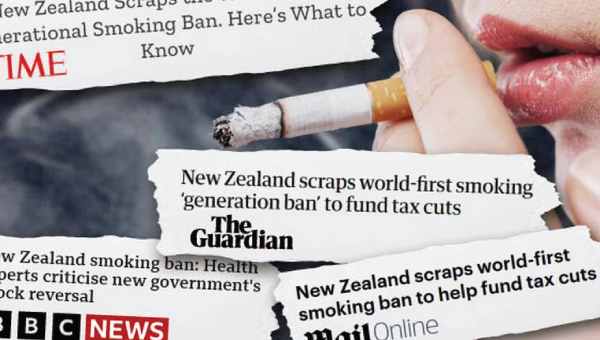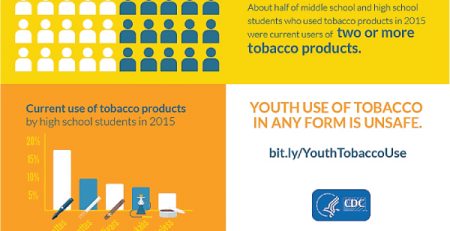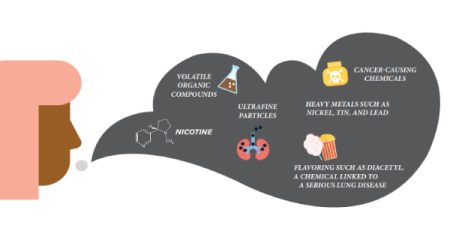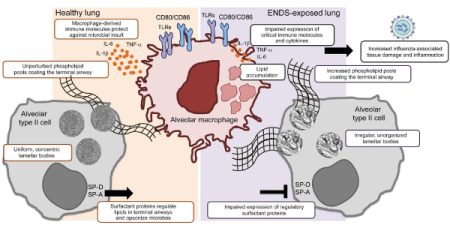Removing Smokefree Legislation in New Zealand for Tax Revenue Challenged
Removing Smokefree Legislation in New Zealand for Tax Revenue Challenged
Smokefree legislation is evidence-based; removing it is not. A Briefing by
11 authors, 30 November 2023. (Public Health Expert Briefing (ISSN 2816-1203)
https://www.phcc.org.nz/briefing/smokefree-legislation-evidence-based-removing-it-not
Economic effects for citizens and the government of a country-level tobacco endgame strategy: a modelling study
Ait Ouakrim, et al. (2023). Economic effects for citizens and the government of a country-level tobacco endgame strategy: a modelling study. Tobacco Control. https://doi.org/10.1136/tc-2023-058131
Summary: The NZ government suggests “repealing smokefree legislation will ensure ongoing tobacco tax revenue, which it plans to use to fund income tax reductions for middle-income citizens.” The “ethics of this approach is unreasonable as tobacco tax typically takes revenue from the most deprived citizens and disproportionately from Maori (Native New Zealanders). Put bluntly, conserving tobacco tax revenue to fund income tax cuts is a very regressive tax strategy, and governments should be trying to eliminate their dependency on tobacco tax by working towards a smoke-free society.”
Comment: Some government agencies believe short-term gain is better than long-term pain. Evidence shows that short-term revenue from tobacco taxes with long-term adverse health costs and consequences is not good government policy. This painful path, urged by tobacco interests, is the result of flawed analysis and economists who view deaths as incidental to budgetary goals. Stephen Hamann












